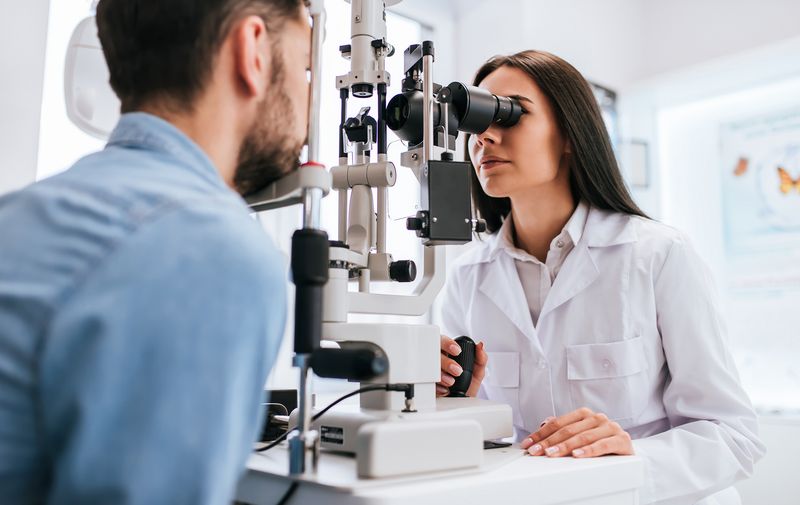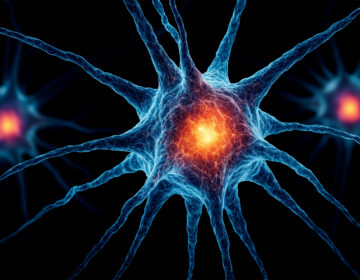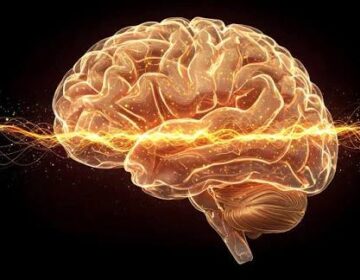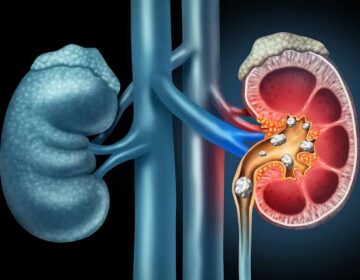One way scientists think Alzheimer’s disease may be detected early is through eye health.
Specifically, scientists have been looking into the retina and its blood vessels in hopes that they could help identify changes that are also occurring in the brain.
Results of a recent mouse study suggest distinct vascular changes in the eyes and brain occur at the same time, and that closer eye examination could ultimately help doctors detect Alzheimer’s and related dementias sooner.
Recent research in mice suggests distinct similarities between brain and eye blood vessel changes that happen with aging which could help with identifying Alzheimer’s disease and related dementias earlier.
The Study trusted Source, published in Alzheimer’s & Dementia trusted Source, examined mice with a genetic variant linked to Alzheimer’s disease to see if brain and eye changes aligned.
The results identified that eye vascular changes aligned with the brain vascular changes occurring in these mice. The researchers also observed certain protein changes relevant to Alzheimer’s disease in the mice’s brains and retinas.
This research builds on the idea that looking at the retina, a part of the eye, could be highly useful in detecting Alzheimer’s disease and related dementias. The authors note that problems with the cerebrovascular system are possibly some of the first noticeable changes that happen before someone develops mild cognitive impairment.
They wanted to see if looking at the blood vessels of the retina could predict how well the blood vessels in the brain were functioning.







